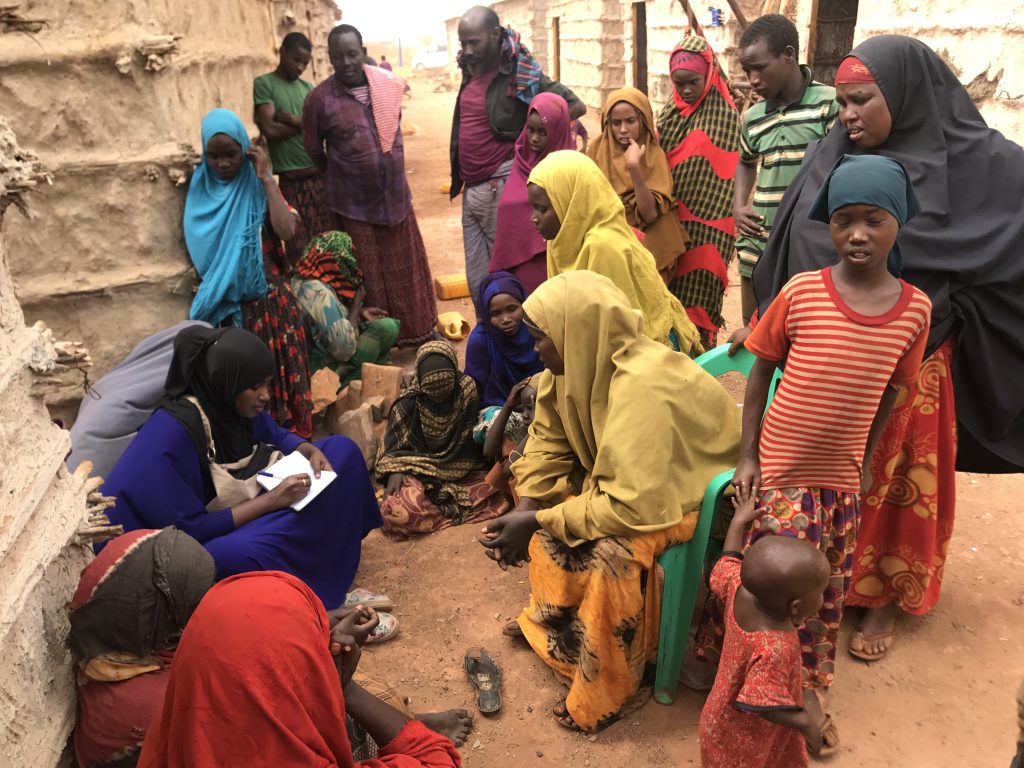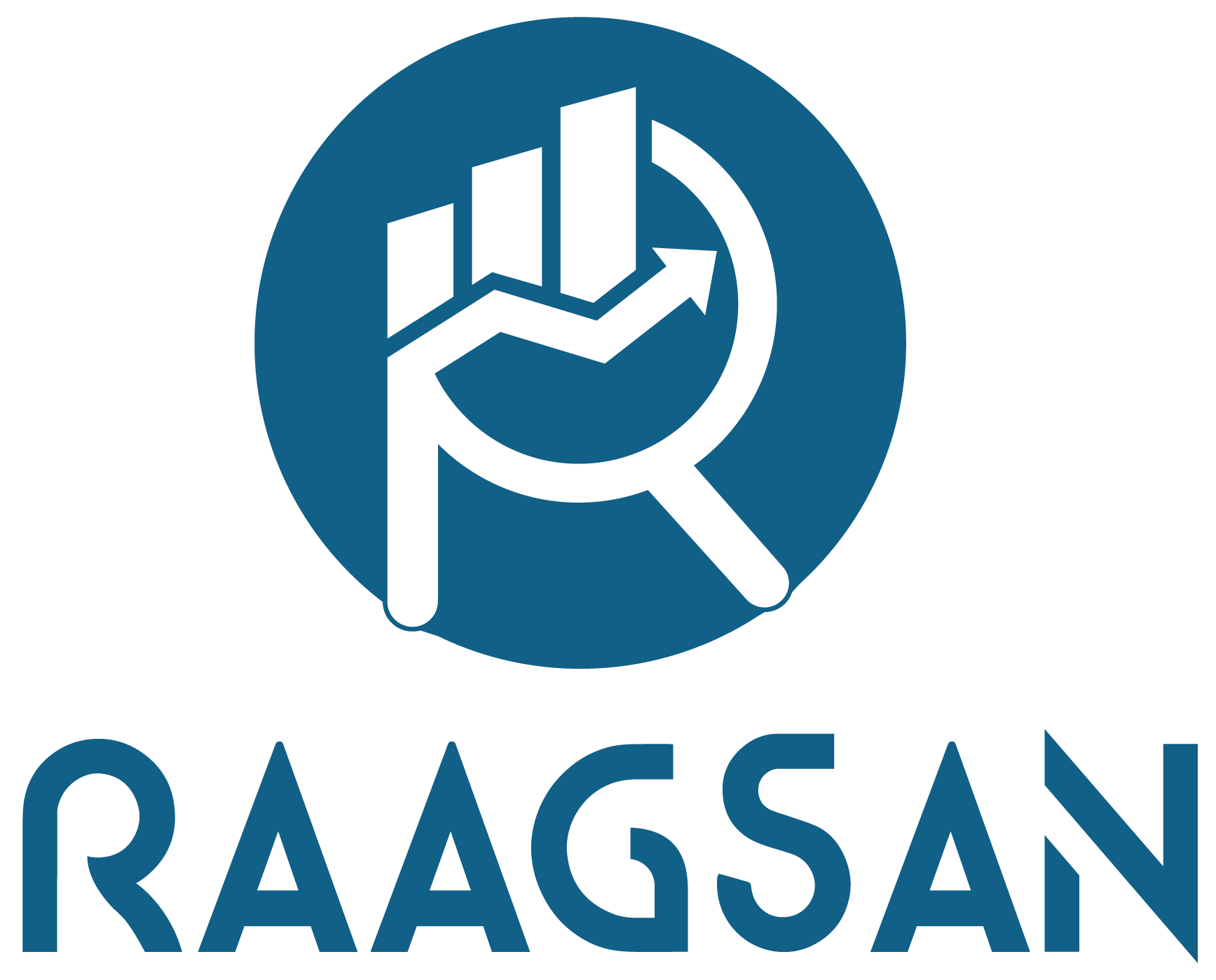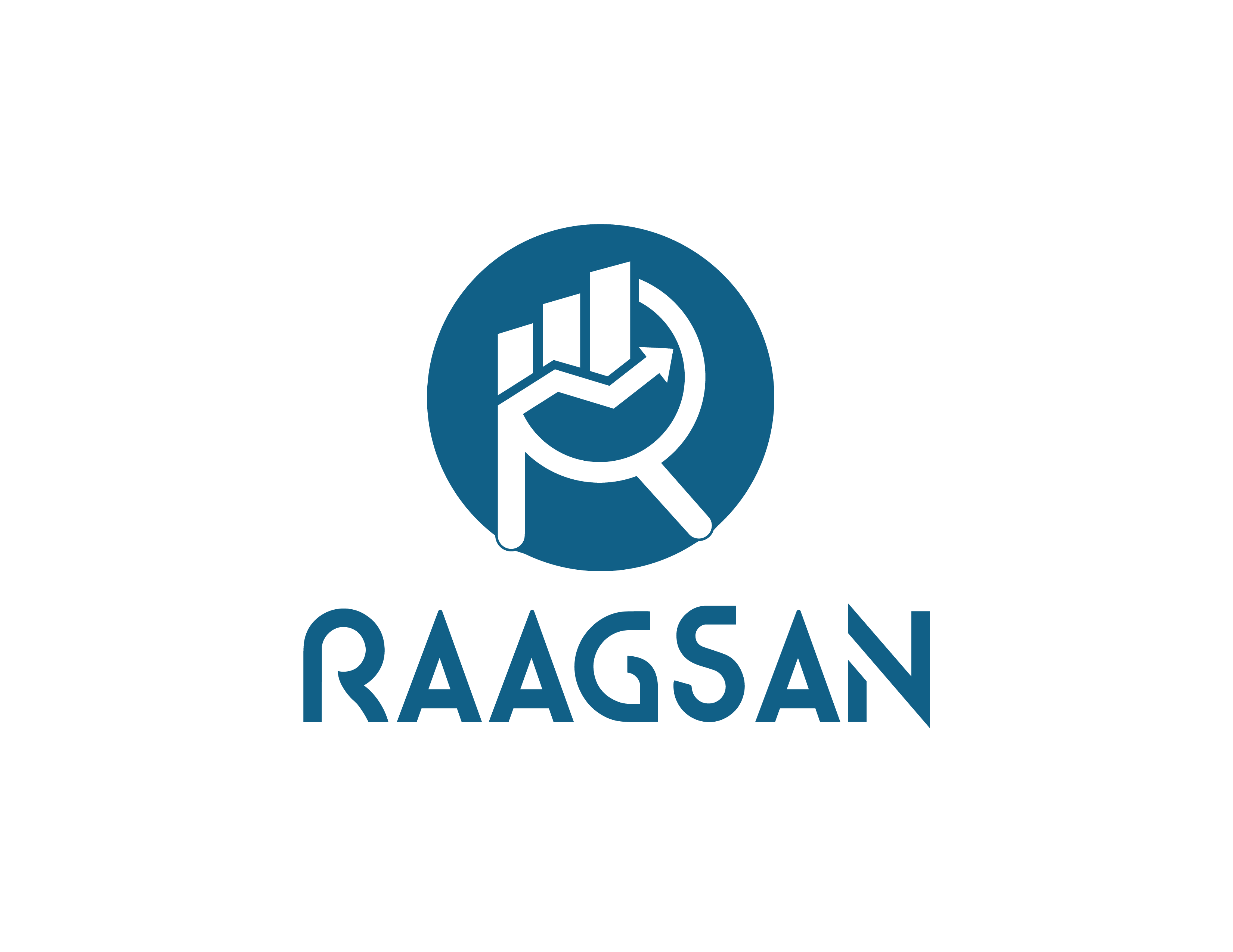Raagsan's History
The widespread famine that struck the Horn of Africa in 2011 shade the light on the gaps in shock responsive systems across the region. The famine brought together key stakeholders and sparked a debate on the impacts of delayed responses. One of the most emphasized gaps is the lack of granular data to inform early responses that contributed to the increased impact of the unfolding disasters. Since then, shocks have intensified in frequency and severity. However, the capacity of the local actors to produce credible data and knowledge to inform early responses and recovery, on the contrary, remains minimal. In 2016, at the World Humanitarian Summit, donors and large organizations signed up for the Grand Bargain Commitments to reform the humanitarian and development sector by empowering local actors, including local researchers. However, it is has been difficult for locals to find a seat at the table in a sector dominated by international research companies.
For a long time, the knowledge and expertise local researchers can bring to the sector has been overlooked and underappreciated. Their role was limited to only acquiring data and information from the field. The risks and difficulties involved in gaining access and gathering data from communities already facing interview fatigue were transferred to the local researchers. Despite this, the data we collected was turned into reports by others and given to stakeholders and decision-makers with little appreciation for the labor and effort we, the data collectors, put in to get factual data from the field. Our voice remained unheard. Our voice remained unheard.
Building a roster of local researchers was necessary and urgent to bridge the gap and level out the playing field. Against this backdrop, RAAGSAN, a female- led social enterprise, was founded in 2016 by our Director, Badra Yusuf, to deliver context-driven research. Ms. Yusuf left her job with an international organization and started building RAAGSAN with a local team of female and male researchers. Despite lack of mentors and funding for local researchers in the field , we created a business model, established a knowledge hub, trained a local pool of researchers and tech- savvy youths, and developed systems, all within a span of six years.
To date, we have delivered over 40 field assignments for our clients, who range from policymakers, local NGOs, and international actors. RAAGSAN has also initiated independent studies to inform better programming. Our most outstanding milestone is pioneering an independent citizen engagement program that gives voice to the underrepresented through a series of radio broadcasting programs and community dialogue forums. We can proudly say that we have built the foundation for localized research capacities with more than 200+ researchers in Somali regions led by our core team. The sector remains competitive! We continue to Learn, Adapt, and Improve.


